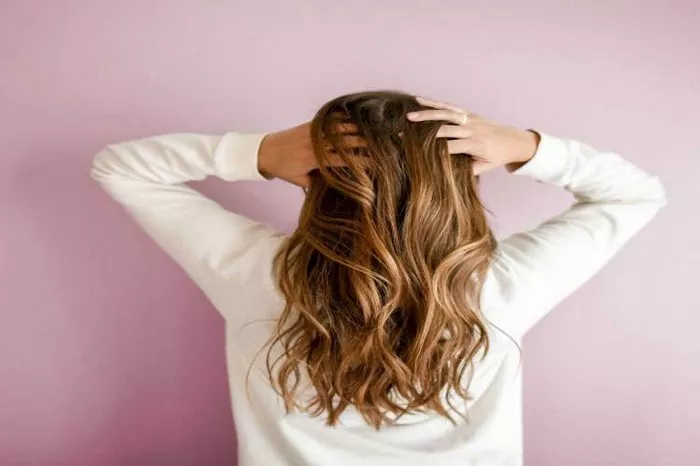In a viral TikTok video, dermatologist Dr. Lindsey Zubritsky cautions against using biotin as a remedy for hair loss, despite its widespread popularity on social media.
Hair shedding and thinning are common concerns for many people, with a multitude of remedies and supplements frequently touted on platforms like TikTok. While losing between 50 and 100 hairs a day is normal, as noted by the NHS, individuals often search for quick fixes for their hair loss, sometimes turning to viral trends or supplements that promise dramatic results.
One such supplement is biotin, often praised for its potential to promote hair growth. However, Dr. Lindsey Zubritsky, a dermatologist with over 1.5 million followers on TikTok, is urging caution, claiming that biotin does not deliver the miraculous results many believe it does.
In a recent TikTok video, Zubritsky participated in a popular trend set to the song “Tonight Tonight” by American pop rock band Hot Chelle Rae. The trend involves a sequence of activities paired with lyrics from the song, ending with a punchline where participants highlight a supposed “problem” or misconception.
Biotin: A Popular Yet Questionable Solution
In her video, Dr. Zubritsky demonstrated several hair care practices while syncing each step with the song’s lyrics. She applied dry shampoo to her hair, used a glycolic acid toner on her scalp, and even wore a hair bonnet to bed, sharing her routine with captions such as “I sleep with a hair bonnet every night.” However, the video took a sharp turn when she revealed a bottle of biotin capsules, claiming, “I take Biotin to grow my hair.” The song suddenly cut off, replaced by a voice clip saying, “B****, you better be joking.”
Zubritsky explained her stance in the comments, clarifying that while the first few steps in her routine could help maintain hair health, taking biotin was not one of them. “It doesn’t work,” she wrote, adding that she does not recommend it.
Mixed Reactions from the TikTok Community
The dermatologist’s opinion sparked a lively discussion among her followers, with many users sharing their own experiences with biotin. Some users claimed positive results, with one commenting, “I took biotin many times and had great results, no side effects.” Another user mentioned, “I started losing my hair and just started taking biotin and it stopped immediately.” However, others reported negative reactions, such as acne outbreaks, with one user saying, “Biotin gives me horrible cystic acne!”
Dr. Zubritsky responded by reinforcing her warning, stating that biotin has not been proven to promote hair growth in individuals without a biotin deficiency or specific medical conditions like alopecia. “Biotin hasn’t been shown in large-scale studies to improve hair growth,” she added, noting that the supplement could interfere with medical tests, such as thyroid or cardiac screenings.
The Science Behind Biotin and Hair Growth
Biotin, also known as vitamin B7, is essential for various bodily functions, including the health of the nervous system, liver, eyes, skin, and hair. It helps enzymes perform vital tasks in the body and is often included in supplements marketed for hair health. According to WebMD, while biotin deficiency can cause hair loss, there is limited evidence suggesting that taking biotin supplements will significantly improve hair growth in people without a deficiency or underlying medical condition.
For individuals without biotin deficiencies, the effectiveness of biotin supplements for promoting hair growth remains unproven. Despite its popularity on social media, there is a lack of substantial scientific backing to support the claim that biotin can grow hair in healthy individuals.
Dr. Zubritsky’s advice highlights the importance of evidence-based practices in hair care, and she encourages individuals to approach viral trends with caution, especially when it comes to supplements like biotin. For those experiencing significant hair loss, she recommends consulting with a dermatologist or healthcare provider to identify the underlying causes and explore proven treatments.
Conclusion
While biotin may play a role in treating certain hair loss conditions linked to deficiencies, it is not a universal solution for thicker, healthier hair. As Dr. Zubritsky emphasized, individuals should be cautious when considering supplements and focus on evidence-based approaches to hair care. It’s crucial to consult healthcare professionals to address the root causes of hair loss rather than relying on viral trends that may not be backed by science.
Related topics:
- Victoria Beckham Debuts Chic Ponytail, Channeling Audrey Hepburn
- George Washington’s Lock of Hair Among Rare Presidential Memorabilia Set for NYC Auction
- Natural Hair Expo Returns to Killeen for 13th Year


